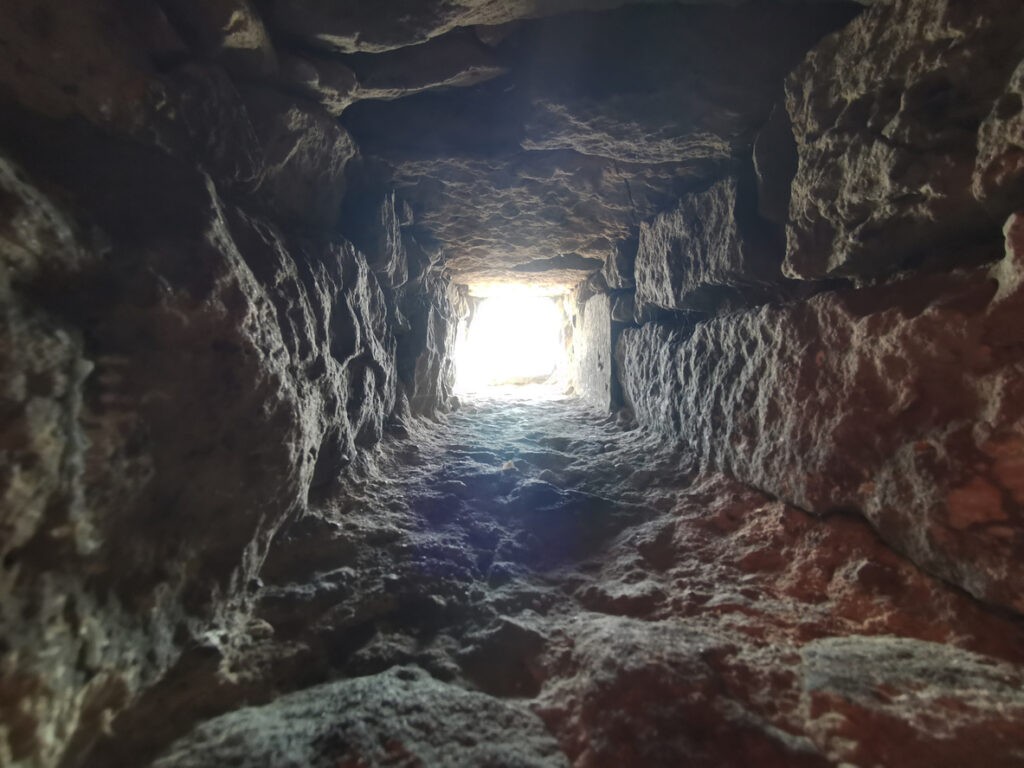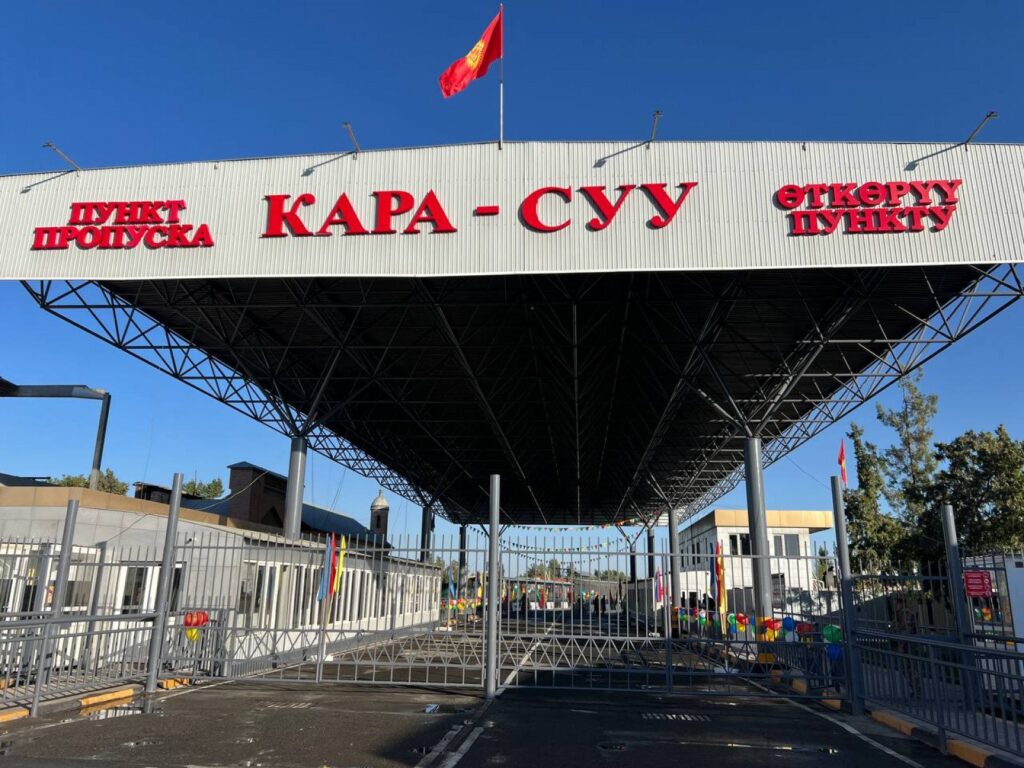Israel Strikes Mashhad, an Iranian City Near Turkmenistan and a Hub for Central Asia Trade
Mashhad, a northeastern Iranian city near the border with Turkmenistan and a significant hub for trade with Central Asia, is among the targets hit by the Israeli military in the intensifying conflict between Israel and Iran. The Israeli military said a strike on Mashhad’s airport on Sunday was the furthest since it launched airstrikes on Iran, including nuclear facilities, on June 13 and Iran promptly retaliated. The attack on the city highlights the potential fallout for some countries in Central Asia that do business with Iran across the border with Turkmenistan. “The IAF (Israeli Air Force) struck an Iranian refueling aircraft at Mashhad Airport in eastern Iran, approximately 2,300 kilometers from Israel. The IAF is operating to establish aerial superiority over Iranian airspace. This marks the longest-range strike conducted since the beginning of Operation Rising Lion,” the Israeli military said on X. Mashhad, which has a population of up to 3.5 million, is Iran’s second most populous city after the capital Tehran, which has nearly 10 million people. The northeastern city is an Islamic pilgrimage site and is the birth place of Ayatollah Ali Khamenei, Iran’s supreme leader. U.S. President Donald Trump said on social media on Tuesday that “we know exactly” where Ayatollah Khamenei is hiding and that he is an “easy target” even if he is safe for now. Trump has also demanded Iran’s “unconditional surrender,” though it was unclear whether his comments meant the U.S. could directly join Israel’s military campaign against Iran. While the whereabouts of Iran’s supreme leader are not publicly known, Mashhad and other major Iranian cities have been thrown into turmoil by the Israeli attacks. Some people have fled to other towns or places in the countryside that they think might be safer. Flights have been canceled and there are reports of widespread internet disruptions. Mashhad is about 75 kilometers from the nearest point on the border with Turkmenistan, and a driving distance of about 275 kilometers to Ashgabat, Turkmenistan’s capital to the northwest. Last month, Iran and Turkmenistan signed an agreement aimed at increasing bilateral trade to $3 billion, the Tehran Times reported. The neighbors also agreed to establish joint free trade zones, build up border markets, ready a bilateral gas contract and take other steps to develop economic cooperation. In April, Iran and Turkmenistan agreed to start a cross-border passenger train as a way to strengthen economic ties. The route would link Mashhad with Merv, a city in Turkmenistan. The extent of disruption to these economic plans is unclear as fighting between Israel and Iran continues. Fears of a wider war are circulating and numerous countries, including those in Central Asia, have appealed for an end to hostilities.






